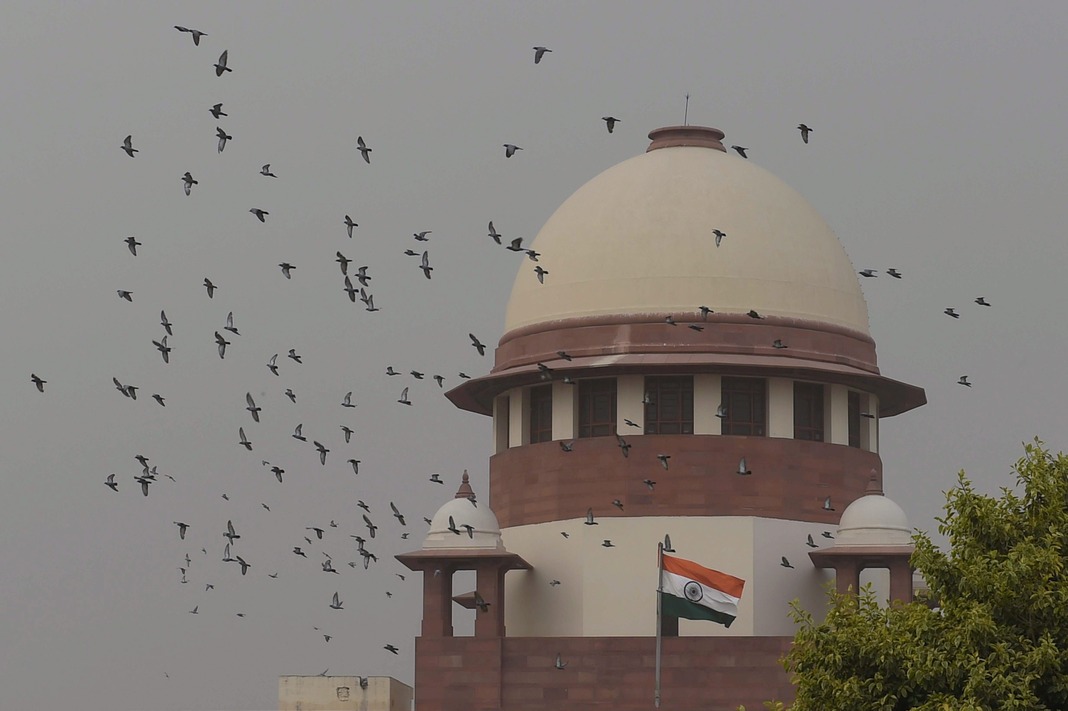New Delhi, Sept 26: The Protection of Women from Domestic Violence Act, 2005, is a civil code that is applicable to every woman in India irrespective of her religious affiliation or social background, the Supreme Court has said.
A bench of Justice B V Nagarathna and Justice N Kotiswar Singh said the 2005 legislation was applicable to all women for more effective protection of their rights guaranteed under the Constitution.
“The Act is a piece of civil code which is applicable to every woman in India irrespective of her religious affiliation and/or social background for a more effective protection of her rights guaranteed under the Constitution and in order to protect women victims of domestic violence occurring in a domestic relationship,” the bench said.
The apex court delivered its verdict on an appeal filed by a woman challenging an order of the Karnataka High Court in a matter related to the grant of maintenance and compensation.
The woman had earlier filed a petition under section 12 of the Act which was allowed by a magistrate in February 2015 granting Rs 12,000 as monthly maintenance and Rs 1 lakh towards compensation to her.
The top court noted that the husband had filed an appeal against the order which was dismissed by the appellate court on the ground of delay.
It noted that later, he filed another application under section 25 of the Act, which deals with duration and alteration of orders, before a magistrate but the same was dismissed.
The bench said thereafter, he filed an appeal before the appellate court, which allowed it and remanded the matter to the magistrate with a direction to consider his application by giving an opportunity to both parties to adduce their evidence.
It noted that aggrieved by the order, the woman approached the high court which dismissed her plea in April last year and directed the magistrate to consider the application filed by the man under section 25 of the Act.
In its verdict, the apex court referred to section 25 and said it was evident that an aggrieved person or a respondent as defined under the Act can seek for alteration, modification or revocation of an order made under the provisions of the Act if there was a change in the circumstances as per sub-section (2) of section 25.
The bench said a magistrate, while exercising discretion under section 25(2) of the Act, has to be satisfied that a change in the circumstances has occurred, requiring to pass an order of alteration, modification or revocation.
It noted a change in the circumstances under the Act may be of either a pecuniary nature, such as a change in the income of the respondent or an aggrieved person, or it could be a change in other circumstances of the party paying or receiving the allowance which would justify an increase or decrease of the maintenance amount ordered by the magistrate.
“The phrasing of the provision is wide enough to cover factors like the cost of living, income of the parties, etc. Further, a change in the circumstances need not just be of the respondent but also of the aggrieved person,” the top court said.
“However, for the invocation of section 25(2) of the Act, there must be a change in the circumstances after the order being passed under the Act,” it said, adding, “Thus, an order for alteration, modification or revocation operates prospectively and not retrospectively”.
The bench said the husband cannot seek its retrospective applicability so as to seek a refund of the amount already paid as per the original order.
The bench set aside the orders of the high court and the first appellate court and dismissed the application filed by the man.
“However, liberty is reserved to the respondent (man) herein to file a fresh application under section 25 of the Act, if so advised,” it said. (PTI)




